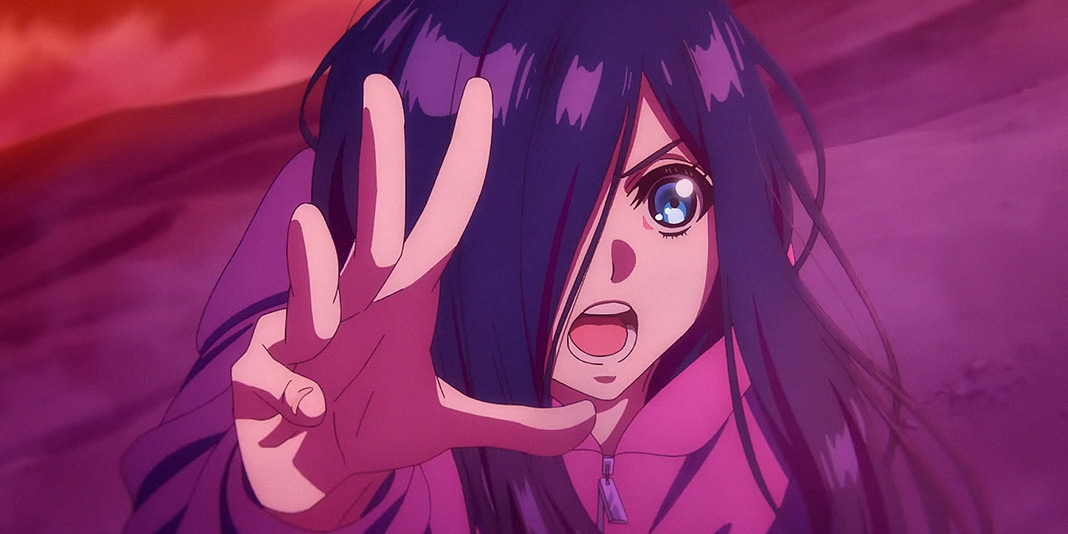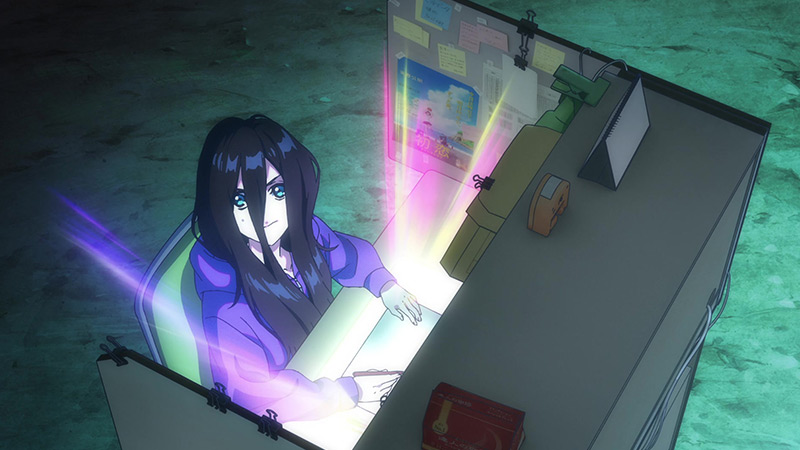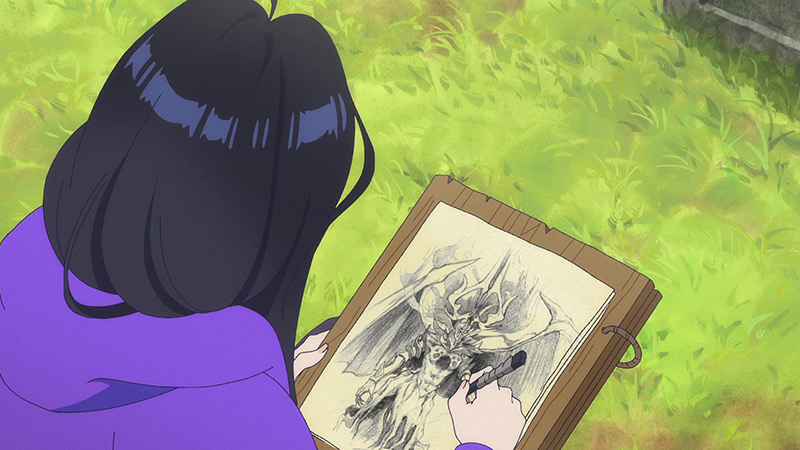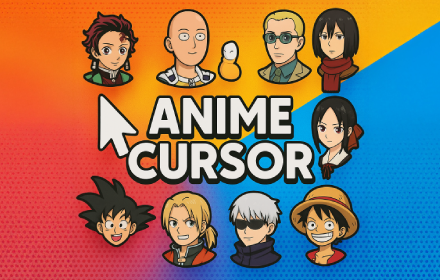
----- ADS-----
In a recent interview, Hiroya Hasegawa, Vice President and producer at Mappa, spoke about the works and challenges of the studio and the promotion of new talents. We summarize below.
Problems with working conditions
Since its foundation in 2011, Studio Mappa has developed into one of the most popular companies in the anime industry today. With a variety of projects and constantly growing ambition, Mappa continues to set accents, although this has repeatedly caused a lot of criticism and problems in the past.
Even if the number of simultaneous anime productions has only reduced-there are currently at least five titles in progress with the sequels of “Chainsaw Man”, “Dorohedoro”, “Hell’s Paradise”, “Jujutsu Kaisen” and the new original anime “Lazarus”.
It is not so easy to find out whether the now improved working conditions and salaries are really responsible, or only many newcomers after all the prejudices.

Many options for talents
However, if you ask Hiroya Hasegawa, Vice President and producer at Mappa, it is particularly due to the fact that many young people in the past have entered the anime industry with completely false expectations and ideas. The profession of an animator requires hard work, a lot of patience and passion.
In order to support his young animators in this way, special training programs are currently being developed that should enable them to learn and grow within the studio.
In addition, all doors at Studio Mappa are open to them, because unlike the rest of the industry, there is no fear of transferring responsibility for young people. If you have a good idea, you can end up in an important position when it comes to production. Age doesn’t matter.

Lots of ideas for original anime
In this context, Hasegawa mentioned that there are many creative people at Studio Mappa, who have always had new ideas, which ultimately also influence the future plans of the studio.
After all, Mappa has not only worked on adaptations of well -known manga, but also proved that there is risks in original stories, as was the case with »Zenshu«. So good ideas could therefore ensure that there will be more original projects to be seen in the future.
Mappa masters this balancing act very well in any case, because while adaptations bring the pressure not to disappoint the fans of the starting material, an original anime has to inspire the audience from scratch.
With “Ranma 1/2”, Mappa has recently ventured back to a remake, which, according to Hasegawa, would have presented a very big challenge.
